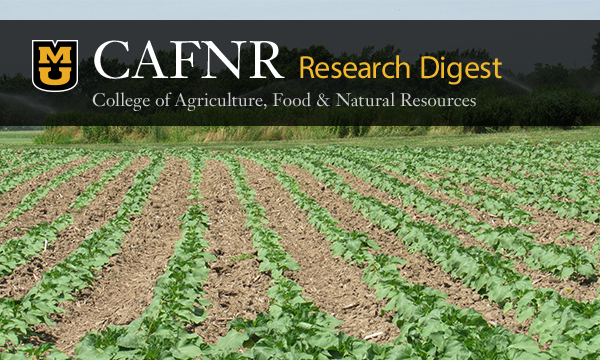|
What is your research focus?
If we look at natural environment, we see some plants are doing quite well than others in terms of resistance to pathogens. It is intriguing why some plant species are resistant to certain pathogens whereas some others are not. The answer lies in the mechanisms of plant immune system, meaning the ways they defend themselves against infectious agents. It is important to understand how differently plants species under different clades defend themselves against different types of pathogens. Do they follow the same mechanism, or how unique is their mechanism towards resistance against pathogens? These are the questions I have found puzzling. Currently, I am working on developing a transformation protocol for lettuce using CRISPR genome editing technology. The goal is to establish lettuce transgenic lines that will enable us to identify the role of a lipase-like protein called Enhanced Disease Susceptibility1 (EDS1) in both basal and Effector-Triggered Immunity (ETI). We are interested in EDS1 because it is considered as a highly conserved positive immune regulator for both basal and ETI of plants under different clades. Our lab discovered that EDS1 plays a key role in both defense and recognition of disease agents. Yet, we do not really know how this mechanism works. Previously, several researchers studied the fundamentals of plant innate mechanisms, such as Pattern-Triggered Immunity (PTI) and ETI, mainly in Arabidopsis and other plants such as rice, tobacco, etc. Interestingly, lettuce has a distinct immune system compared to other established plant systems (e.g. Arabidopsis, rice etc.). Therefore, our study is particularly important because it focuses on unlocking the fundamental mechanisms of plant innate immune response in lettuce by using genome editing tool, CRISPR/cas. Why does this field interest you?
Since my undergrad, I have always been very inclined to pursue a career where I can learn more about plant-pathogen interaction. Before coming to Mizzou, I have worked on research projects mainly dealing with crop responses to the nutrient limitation and pathogen infection. I always had a strong interest to broaden my knowledge into the molecular aspects of plant stress biology. When I was hired by Dr. Gassmann, I was very delighted on the fact that I would get a chance to pursue my interest. Now, the more I am exploring about plant immune responses and their interaction with pathogens, the more I became fascinated by it. I think I am finally settling my interest in this field of study, as I believe we can do greater good to humankind if we can unlock the fundamental mechanisms of how plants defend themselves against infectious agents. Furthermore, if we can translate or incorporate our findings into the plants that are lacking effective defense mechanisms, we will be able to produce plants that are more resistant to different diseases. Eventually, this will enable us to produce more food and we will have a better chance to withstand the increasing food demand worldwide. Why did you decide to come to Mizzou?
While I was on the verge of my MS studies, I had shortlisted few universities based on my research interests and scopes. Mizzou was on the top of that list, not only because its Division of Plant Sciences is top ranked nationally, but also because of the location of the campus (in between two major cities, St. Louis and Kansas City). I also wanted to live with my husband, who had just moved back to Columbia, Missouri, and started working as a post-doctoral research fellow at Mizzou. So, when Dr. Gassmann offered me a position in his lab as a PhD student, I did not think twice coming to Mizzou. I joined Dr. Gassmann’s lab Fall 2019, right after I completed my MS from North Dakota State University. I love how lively and culturally diverse the Mizzou campus is. I love working here every single day. Who is your advisor?
Dr. Walter Gassmann is my advisor, who is not only an excellent mentor but also a kindhearted person. I am very happy being a part of his lab and consider myself fortunate receiving his guidance. What are your future career plans?
I would like to invest my knowledge and research expertise in improving disease resistance and other economically important traits of crops using the CRISPR genome editing technology. For that, I wish to pursue a career in research, be it in industry or academia. Someday, I would like to see myself devoted to both teaching and research, mentoring students of my own. |
